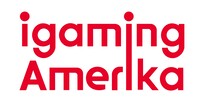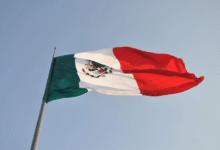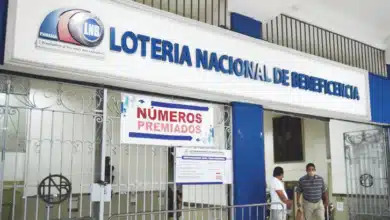Brazil Joint Committee Approves Retroactive Tax Plan as Gambling Tax Increase Is Removed

Brazil Moves Forward on Retrospective Betting Tax, Dropping Proposed 50% Increase. In a significant development for Brazil’s gambling industry, a joint parliamentary committee has given the green light to a bill that mandates licensed betting operators to pay taxes retroactively, dating back to 2014. Notably, the earlier plan to hike the gambling tax rate by 50% has been scrapped from the legislation. Brazil Retroactive tax
The legislation, approved yesterday, requires operators to settle past tax obligations, potentially generating around BRL 5 billion (approximately $560 million) for the government—an amount equivalent to three years’ worth of revenue if the tax rate had been increased to 18%.
Ahead of the vote, the industry was bracing for the worst, especially with a separate measure, PM 1,303, proposing a 50% tax increase, pending approval. However, last-minute amendments introduced by rapporteur Carlos Zarattini altered the course of the bill. These changes removed the proposed tax hike but included the creation of the Special Regime for the Regularisation of Exchange and Tax Assets (RERCT Litígio Zero Bets), which aims to impose retrospective taxes on operators for activities before regulation took effect on January 1.
The amended bill narrowly passed Tuesday’s vote—13 to 12—and now proceeds to the Senate and Chamber of Deputies for a second review scheduled for Wednesday. If it fails to secure approval from both houses by the end of the day, the legislation will be nullified, leaving the current tax framework intact. This means operators will continue paying the provisional 18% GGR tax introduced in June to help shore up the country’s finances.
In addition to the tax reforms, Zarattini’s amendments tighten enforcement against illegal operators. Internet service providers will be given 48 hours to suspend content flagged as illegal gambling, marking a step toward curbing unlicensed activity.
Read also: Playson Signs Key Ontario Partnership with High Flyer Casino
The bill specifies that the retrospective tax (RERCT Litígio Zero Bets) would impose a 15% rate on gambling activities from 2014 to 2024, along with a 15% fine. Elvis Lourenço, a Brazilian iGaming expert and former executive at Aposta Ganha, explains that this means operators would owe 15% on the value of their online gambling assets during that period, plus the fine—culminating in an effective 30% total tax burden. Importantly, participation in this scheme is voluntary, with operators having 90 days from publication to declare their assets.
Zarattini emphasized the government’s intent, stating, “We’ve done everything we can to ensure that the funds from bets, which weren’t paid under the previous administration, now reach the public coffers.” An August working group estimated that the tax scheme could raise up to $2.3 billion for state coffers.
Why would operators opt into this voluntary scheme? Udo Seckelmann, a lawyer specializing in gambling and crypto law at Bichara e Motta Advogados, suggests that it could provide legal clarity and help avoid future disputes. “Voluntary participation might limit future liabilities, demonstrate good faith toward regulators, and stabilise relationships with authorities,” he notes. Still, some operators may question the fairness of retroactive taxes, especially since their market entry was based on different legal standards.
Lourenço echoes this view, adding that the scheme could serve as a pathway for licensed operators to legitimize past undeclared assets. Yet, he warns that some might challenge the constitutionality of retrospective taxes, potentially leading to legal battles. As the bill remains subject to ongoing political negotiations, its final form—and even its survival—remains uncertain.
What’s the impact for operators? The removal of the proposed 50% tax hike is a relief, but concerns linger about reporting undeclared assets from before regulation. Seckelmann points out that retrospective taxation could undermine legal certainty and investor confidence, possibly hindering future growth.
Conversely, Lourenço believes these amendments bring needed stability. “It provides a clear, voluntary route for operators who profited before regulation to settle liabilities,” he says. For those who operated at a loss or break-even, the scheme may be less relevant, and some might choose to contest its constitutionality in court.
If PM 1,303 passes, Seckelmann advises industry stakeholders to actively participate in public discussions, assessing the fiscal impact, engaging with associations, and preparing for potential regulatory or judicial developments. The coming days will be critical in shaping the future landscape of Brazil’s gambling market.















